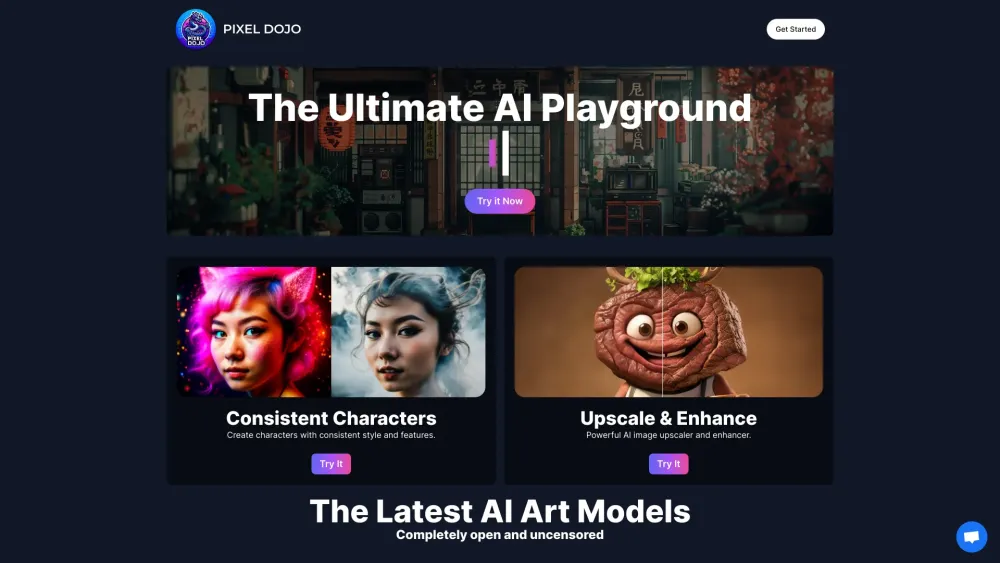LG Electronics and Samsung Make Major AI Investments to Shape the Future
Most people like

Yoodli offers tailored coaching designed to enhance your speaking confidence, delivering insightful feedback and comprehensive analysis to help you improve.

In today's competitive market, B2B SaaS companies must stay attuned to customer sentiments and market trends. Social listening tools have emerged as essential instruments that empower businesses to monitor online conversations, analyze feedback, and gain actionable insights. By leveraging these tools, organizations can enhance their marketing strategies, improve customer engagement, and drive growth. Explore how social listening tools can transform your B2B SaaS approach for lasting success.

Unleash your creativity by crafting stunning AI art using the latest advanced tools. Explore innovative techniques that allow you to transform your ideas into visually captivating masterpieces, harnessing the power of artificial intelligence for your artistic expression.

Discover the transformative power of our revolutionary AI chatbot, expertly driven by ChatGPT technology. Engage in conversations that are insightful, dynamic, and tailored to your needs. Whether you seek information, assistance, or companionship, this AI-driven solution opens new doors to interaction and support.
Find AI tools in YBX



